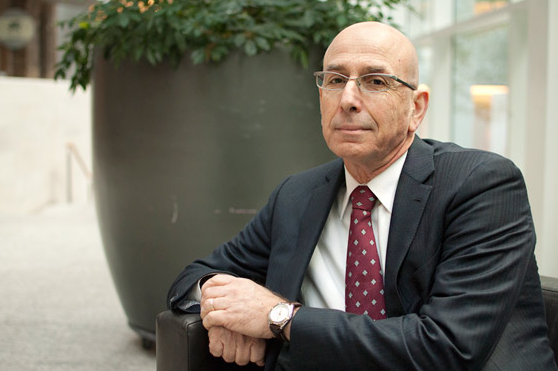President and CEO Dr. Raphael Hofstein speaks on healthcare innovation in Toronto

In an October 30 article, Yonge Street Media‘s Andrew Seale spoke with MI’s president and CEO Raphael Hofstein on the booming healthcare innovation coming from Toronto since 2005.
Seale’s article is the first of a two-part series on technological innovation.
In the article, Hofstein credits the city’s intellectual infrastructure and access to healthcare resources for allowing innovation to flourish.
Three of MI’s start-up companies are also mentioned in the article.
Here’s an excerpt (links and emphasis our own):
“The Intellectual Property that is being generated in Toronto (is) a major chunk of the IP that’s being generated across Canada,” he says.
He points to ChipCare Corporation‘s state-of-the-art handheld analyzer, which allows doctors to run multiple diagnostics on a patient’s blood on site as opposed to bringing the patient to the clinic. The University of Toronto developed cell analyzer could prove to be a game changer in the fight against HIV. “Lab-in-a-chip” technology like this is crucial in third world countries where healthcare access is severely limited.
Xagenic’s AuRA platform—another diagnostic tool for blood samples—uses ultra sensitive microelectrode arrays (nano-sensors) developed by another team of researchers at University of Toronto. The inexpensive tech makes it possible for molecular diagnostic testing outside of labs.
MaRS Innovation-backed ApneaDX has developed a clinical-quality sleep-monitoring tool. Previously, diagnosing for sleep apnea—a sleep disorder characterized by abnormal breathing patterns—often required an expensive overnight stay at a sleep clinic. The device is a fraction of the cost and records the data on a chip, which is then analyzed by the company’s software.
Developments in the healthcare sector like these are bringing the clinic home and helping to reduce the cost of medical devices while expanding the frontiers of medicine.
…
Like most industries, Hofstein admits life sciences innovation can be bootstrapped at times.
“It’s not that there’s not enough cash in downtown Toronto, there’s more than enough, but it does not come to the turf of healthcare,” he says. “That’s a challenge that we are all facing and will have to address in the near future.”
Click here to read the full article.
Posted by Kailee Travis, writer and communications assistant.

